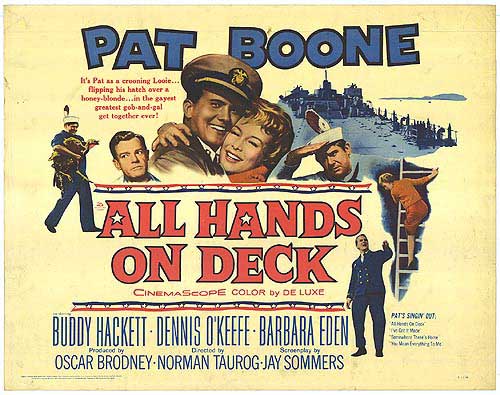Spring Break Rewind #4 - I'm not really properly motivated
Note: It is Spring Break week here in Western New York, (for the school-age kids anyway), and while I will still be working and traveling to New York City to present at a conference, this week will be busier than most. So this week on the blog I'll be re-running some pieces from the last 12 months or so. Yes, I am being lazy. Cut me some slack. Anyway, if you are on Spring Break this week, I hope you have a great little vacation!
This piece - 'I'm not really properly motivated', originally ran in August 2012.
--------------------------------------------------------------------------------
Most readers who are parents would likely agree with me when I say that of all the challenges we face in various parts of our lives, that convincing a stubborn kid to do something, (or more likely, to continue to do something so as it becomes a habit), is probably right up these on the frustrating and maddening scale.
When the kids are really young, say less than 5, logic and reasoning are (mostly) useless as negotiating tactics, and once they get a little bit older they develop a pesky ability to apply their own forms of logic and let's say unique world views to bat back most of your well-reasoned and completely reasonable demands. Never mind that as parents we almost always give up really fast trying to actually see the problem from the kid's perspective, after all, it is the one time in our lives when we have (pretty much) absolute power in the negotiation. And breaking out 'Because I said so' or 'Because I am the parent and you are the kid' might both be fully valid, accurate, and successful ways to put an end to any discussion around behavior modification, they also feel kind of hollow and depressing to have to rely upon, at least too frequently.  Dilbert.com
Dilbert.com
Whether it's a reluctant kid who can't see the inherent wisdom in simply doing whatever it is you want him/her to do, or a pesky colleague, manager, or subordinate at work that for some reason is having trouble seeing the brilliance (or at least the logic) in whatever fool idea you are pushing, it seems to me it is getting more important all the time to appreciate the absolute value of being able to have your ideas, if not adopted wholly, at least understood and maybe, maybe even supported by collections of folks that have their own ideas about how things should go. Like the kid who does not seem enthused about mundane activities like 'room cleaning', the truth is most folks won't naturally or willingly see the value to them of listening to you, making the 'I'm the boss/parent/teacher/coach' your all-too-frequently uses fall back position, and discussion-ender.
I know all contentious debates do need to come to an end for any progress to be made. The kid's room has to be cleaned, homework has to get done, the TPS reports have to go out, and on and on and on.
But how the debate ends I think is important, and how the accumulation of these endings over time begin to impact the ability of any type of leader, be it a parent, manager, or coach, to get people around them working towards mutually beneficial ends matters.
As a parent, if you keep pulling the 'Because I'm the Dad' line, it is probably a sign of some other kind of problem, perhaps a little bit of a lack of seeing their point of view. As my 11 year old explained to me recently, 'It's not that I don't want to, it's just that I'm not really properly motivated'.
Sure, I could have trotted out the 'Tough luck kid, I am the Dad', (I actually think I did), but there certainly was the feeling that I should not have had to go there. That the kid should have intuitively understood the wisdom/logic/importance of whatever it was I wanted him to do. And the fact that he did not, well, that was completely and totally his problem or failing, not mine.
That's how it works when you are the boss, right?

 Steve
Steve



